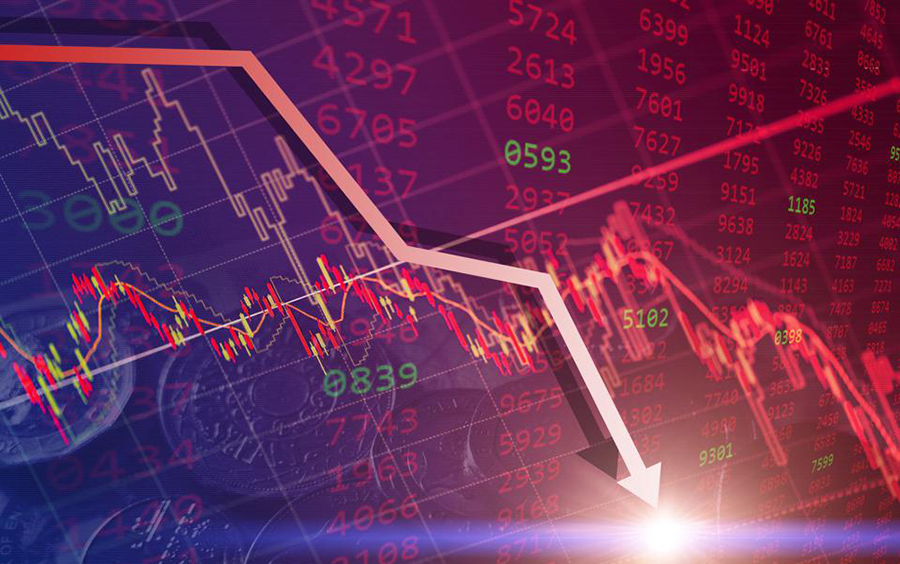The Nigerian stock market closed the month of August in negative territory, with the All Share Index (ASI) falling by 1.22% as investors grappled with a range of macroeconomic challenges and uncertainty surrounding bank recapitalization efforts.
This decline marks the second consecutive monthly loss for the ASI, following a 2.28% drop in July. This is the first time since April 2023 that the market has recorded back-to-back monthly losses, signaling that bearish sentiment may be taking hold.
The ASI, which tracks the performance of all listed stocks on the Nigerian Exchange (NGX), was particularly weighed down by losses in large-cap stocks within the NGX Premium Index.
Notably, the year-to-date return for the ASI has now dropped to 29.1%, down from its peak of 39.8% in March 2024. So far this year, the market has posted losses in three out of eight months, with April experiencing the largest decline of 6%, the steepest monthly drop since January 2021.
The NGX Premium Index, which includes some of the largest and most influential companies on the exchange, saw a significant decline of 5.16% in August.
This drop was driven primarily by the so-called SWOOTs (Stocks Worth Over One Trillion Naira), including Dangote Cement, BUA Cement, and MTN Nigeria, which together account for more than 27% of the NGX’s total market capitalization, with a combined value exceeding N15 trillion.
READ ALSO: Stock market rebounds, gains N66bn
Dangote Cement’s share price plummeted by 19% during the month, while BUA Cement recorded an even steeper decline of 20.5%.
MTN Nigeria, facing persistent challenges related to foreign exchange, saw its share price fall by 10%, marking consecutive months of losses. In total, 50 stocks ended the month in negative territory, while 64 stocks gained, and the remainder were flat.
On the gainers’ side, Oando Plc led the chart with a staggering 435.9% increase in its share price, driven by a series of positive developments, including its acquisition of a significant stake in Agip’s upstream assets.
Oando’s momentum was particularly strong in the last week of August, where it surged by 60.7%. Other notable gainers included Julius Berger and TotalEnergies, which saw their shares rise by 74% and 73%, respectively.
Conversely, apart from the losses recorded by the heavyweight stocks, other significant decliners included United Capital, Nestle Nigeria, and Fidson Healthcare.
The market downturn in August was partly due to profit-taking by investors following recent gains, as well as price adjustments resulting from several dividend payments during the period.
READ ALSO: First Bank shareholders lose N80.76bn as shares crumble in stock market
Investors appear to be shifting their focus as they prepare for the third-quarter earnings season, expected in October.
This strategic realignment may explain the recent volatility, with some market participants opting to lock in profits while awaiting the next wave of corporate results.
Moreover, the latest GDP report revealed that the Nigerian economy grew by 3.19% in the second quarter of the year, marking the fastest second-quarter growth since 2021. This robust economic performance was driven by gains in agriculture, manufacturing, and services.
As the third-quarter earnings season approaches, the market is likely to remain dynamic, with investor focus shifting to new developments and potential opportunities in the evolving economic landscape.

 News1 week ago
News1 week ago
 Agribusiness1 week ago
Agribusiness1 week ago
 Football5 days ago
Football5 days ago
 Football1 week ago
Football1 week ago
 Football1 week ago
Football1 week ago
 Entertainment4 days ago
Entertainment4 days ago
 Football6 days ago
Football6 days ago
 Football6 days ago
Football6 days ago

